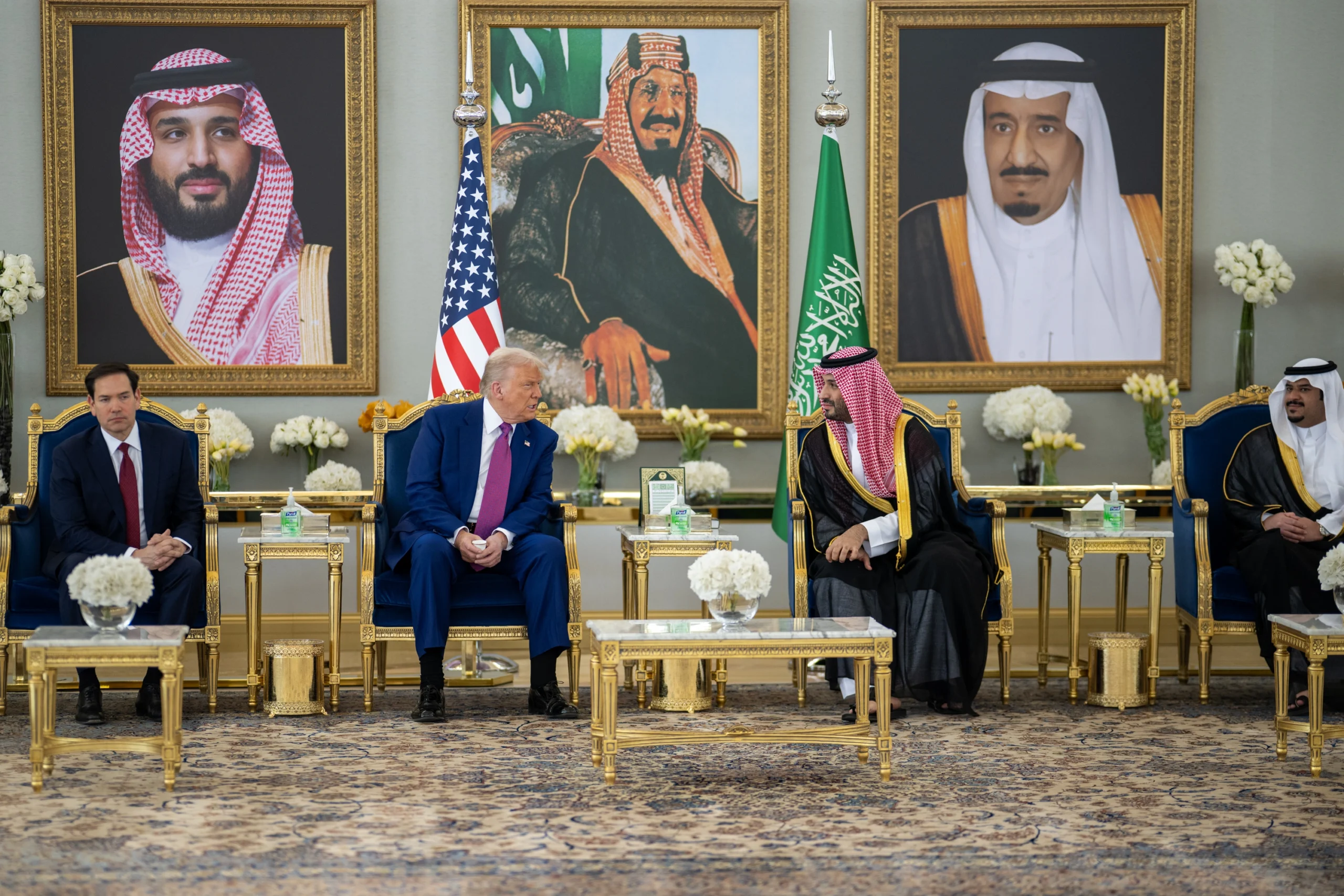Marwa Al Mamari
Pioneering the Future of Aviation with Intelligence, Passion, and Leadership
By Michalle Clark

Marwa Al Mamari has secured her place in history as the first Emirati aerospace engineer, a milestone that has not only propelled her to the forefront of her industry but also serves as a beacon of inspiration for future generations of Emirati women. Yet, her journey to success wasn’t scripted from the start. “Aerospace engineering wasn’t a childhood dream,” Al Mamari reflects. Rather, her fascination with the field emerged from her passion for complex intellectual challenges during her final school years. Driven by her ambition to break boundaries, she chose to pursue a path less travelled, despite the evident hurdles she would face as a woman in a male-dominated sector.
The path she chose has not been easy. Entering the aerospace industry as one of the few women, Al Mamari often found herself in environments where she was the only female voice. Yet, instead of letting stereotypes hold her back, she used these challenges to drive her forward. “I’m proud of how I turned those challenges into opportunities to inspire and pave the way for other Emirati women,” she says with conviction.
At the core of her career is a commitment to aviation safety and accident prevention, and Al Mamari’s work in this field has been transformative. One of the most exciting developments she highlights is the role artificial intelligence (AI) plays in enhancing aviation safety protocols. “AI can analyse vast amounts of flight data in real time, predicting potential risks before they materialise,” she explains. Her pioneering work focuses on using AI to automate decision-making processes, reducing human error, and improving response times, a step-change in how the aviation industry approaches safety.
As a PhD candidate, Al Mamari’s research delves deep into the intersection of AI and aviation, an area she describes as a dynamic frontier for innovation. Her work is particularly focused on machine learning algorithms, which are being developed to analyse patterns in aviation incidents and create predictive models to prevent accidents before they occur. She also touches on her work in optimising fuel efficiency through AI, an initiative that not only improves safety but also addresses the aviation industry’s growing concern for environmental sustainability.
Al Mamari’s contribution to safety in aviation extends beyond her research. In her capacity at the UAE’s General Civil Aviation Authority, she has identified key trends in accident prevention that are shaping the future of the industry. A shift towards data-driven decision-making and the growing influence of human factors are two focal points in her approach to safety management. “We’re recognising that interactions between people, technology, and the environment are crucial in mitigating risks,” she explains, underscoring the importance of collaboration between airlines, manufacturers, and regulators.
Her ability to balance a demanding career with her role as a mother is yet another testament to her leadership. “It’s all about prioritisation and support,” she notes, adding that a strong support system and the ability to set clear boundaries between work and family life have been essential to her success.


Her children serve as a source of motivation, and she takes great pride in setting an example for them, showing that it’s possible to pursue one’s dreams while maintaining a fulfilling family life. A passionate advocate for women in STEM, Al Mamari encourages young Emirati women to trust in their abilities and to not let gender stereotypes define their ambitions.
She credits her mentors and the unwavering support from the UAE’s leadership as key pillars in her journey and advises aspiring women to seek out similar guidance and support networks. “Every challenge you face is an opportunity to grow and make your mark,” she states, highlighting that the industry is ripe with opportunities for women willing to take them.
In addition to her technical work, Al Mamari is heavily involved in educational programmes aimed at improving aviation safety. She emphasises that the next generation of aerospace engineers must not only master technical disciplines such as aerodynamics and propulsion but must also develop critical soft skills, including problem-solving and teamwork. As technology advances, understanding AI, data analytics, and automation will become vital for engineers looking to innovate in the sector.
One of the lesser-known aspects of Al Mamari’s work involves human factors in aviation safety. She explains that many aviation accidents are the result of human error rather than technical failures, which makes understanding the interaction between humans and technology crucial. Whether it’s improving cockpit design, refining pilot training, or fostering a culture of transparency in reporting near-misses, Al Mamari’s focus is on ensuring that human limitations are accounted for in the design and operation of aviation systems.
Her influence extends beyond her work in the field; Al Mamari has become a sought-after speaker at major conferences, including a TED Talk, where she advocates for the future of aviation. Her message is clear: while innovation, sustainability, and safety must be prioritised, the industry must also evolve responsibly. “The rise of autonomous flights, AI-driven systems, and electric aircraft are exciting, but safety must always remain at the forefront,” she urges.
As she looks to the future, Al Mamari’s vision is clear. She aims to continue advancing aviation safety through AI and human factors research, driving innovations that can prevent accidents before they happen. But her goals don’t stop there, she is also passionate about mentoring and inspiring the next generation of aerospace engineers, particularly women.
“I envision a future where Emirati women and women worldwide are leading groundbreaking developments in aerospace technology,” she says, with her sights set firmly on shaping the future of aviation.
Marwa Al Mamari’s story is one of resilience, vision, and leadership. Her pioneering achievements have not only shattered barriers in the aerospace industry but have also ignited the aspirations of women across the UAE and beyond. Through her work, she is shaping the future of aviation, one that is safer, more sustainable, and driven by the brilliance of diverse minds.


